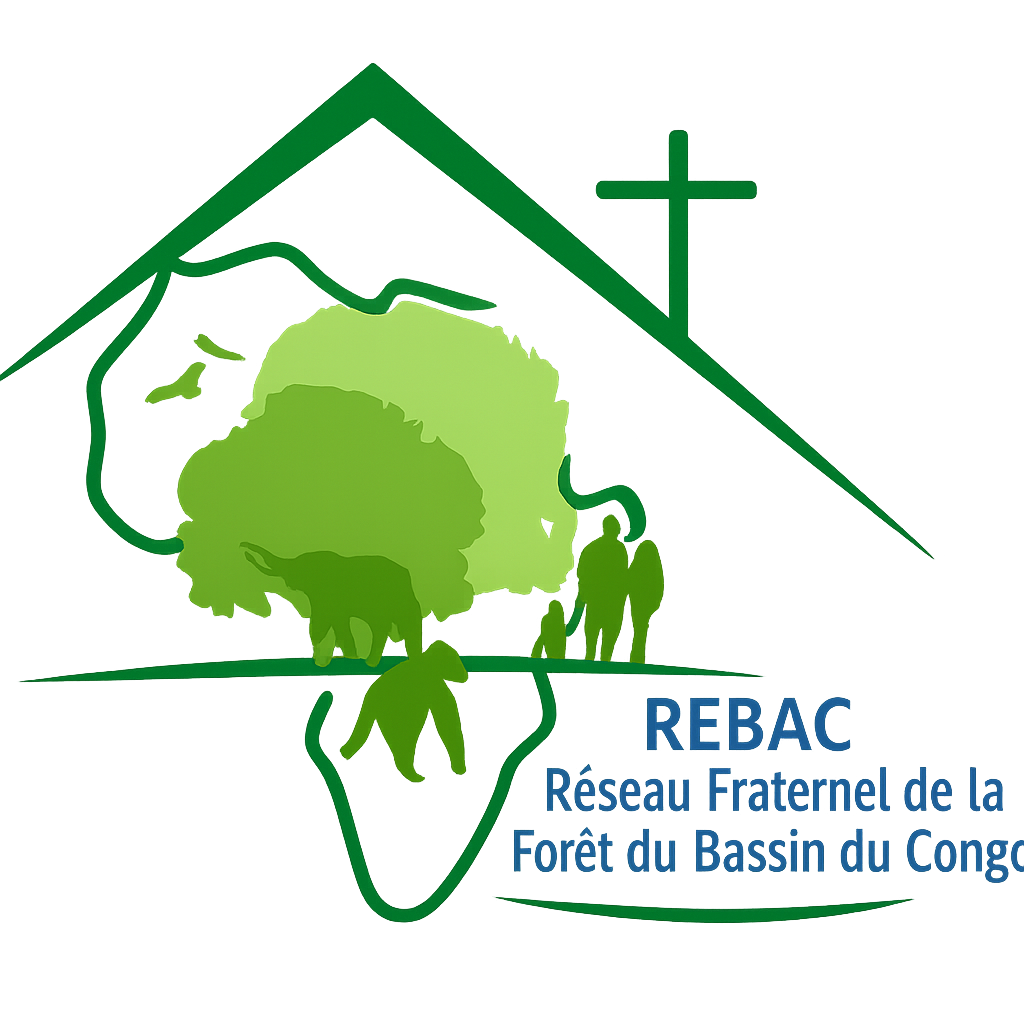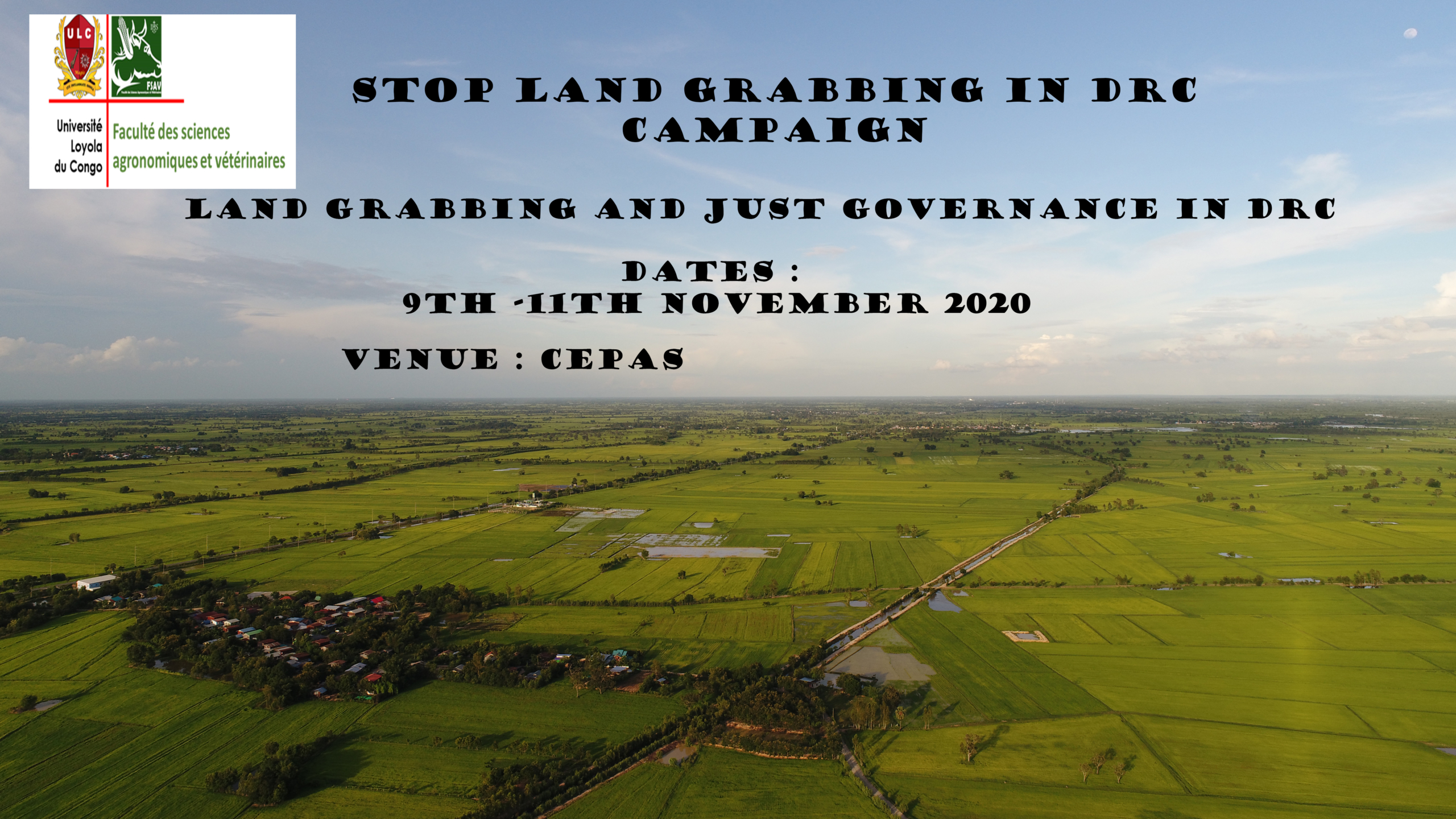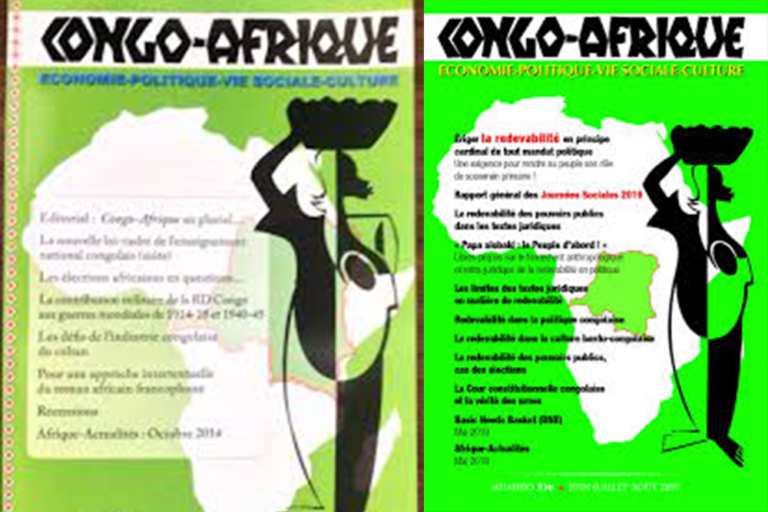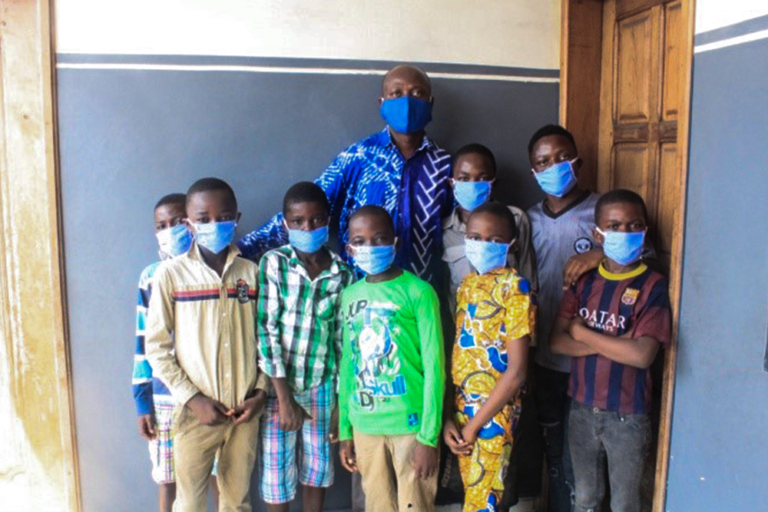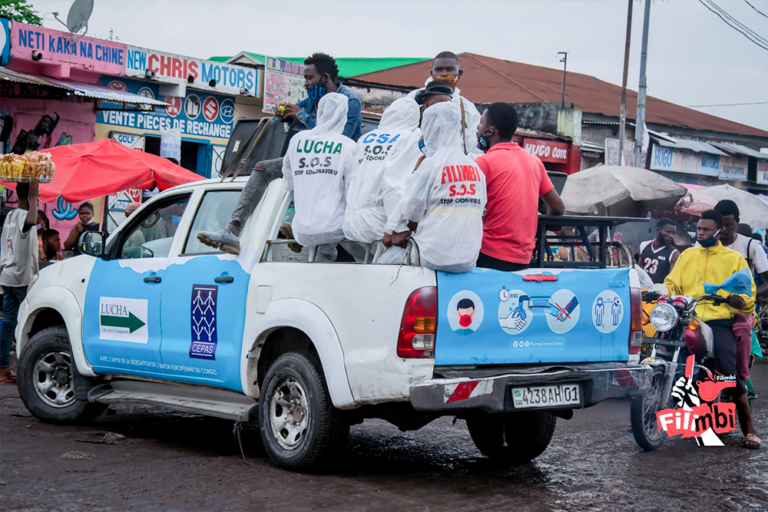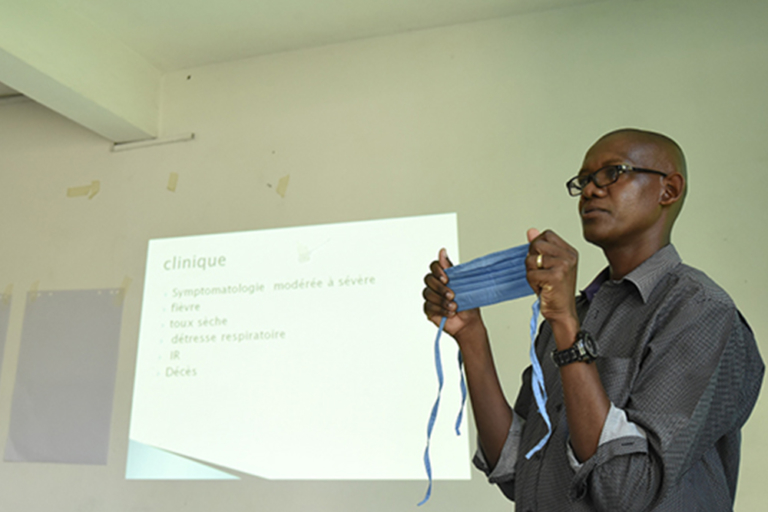CEPAS “JOURNÉES SOCIALES” NOVEMBER, 9 – 11 2020
[av_textblock size=” font_color=” color=” av-medium-font-size=” av-small-font-size=” av-mini-font-size=” av_uid=’av-kh9ev5lc’ admin_preview_bg=”]
Land grabbing is a burning issue in the world today. It has been accelerating since the food crisis of 2007 and 2008, when many governments and economic operators around the world embarked on economic operations to acquire large areas of land in developing countries.
This phenomenon is part of a changing global context in countries like the US, China, India, Brazil, and Saudi Arabia are concerned about ensuring their food security. This scramble for farmland and natural resources caused by the need for agro-fuels and energy security.
Finally, following the financial and mortgage crisis, the financial sector and banks have focused on arable land as a financial profitability source.
Land use attracts private investors, governments, and hedge funds that have embarked on it for international trade in agriculture, forestry, and mining. The countries of sub-Saharan Africa, the region that suffers the most from malnutrition and famine, are the most significant land-grabbing targets globally. Currently, the global crisis caused by the COVID-19 complicates the situation further. As a result of the lockdowns, the only asset for the people is their land. Therefore, we need to protect the poor, who are also vulnerable, from the growing land grabbing issues.
The DRC, a country with vast arable, forest, and mining lands, has been one of the countries targeted by those who want to privatize local population land.
The 2020 CEPAS social days would like to assess the country’s situation. The following subjects, among others, will be discussed by the research experts:
[/av_textblock]
